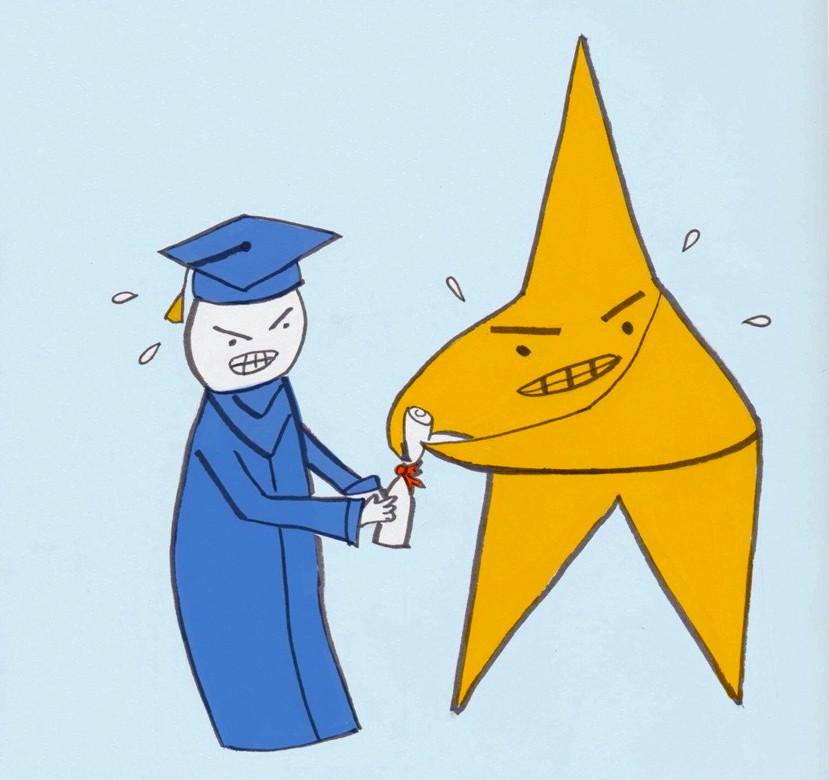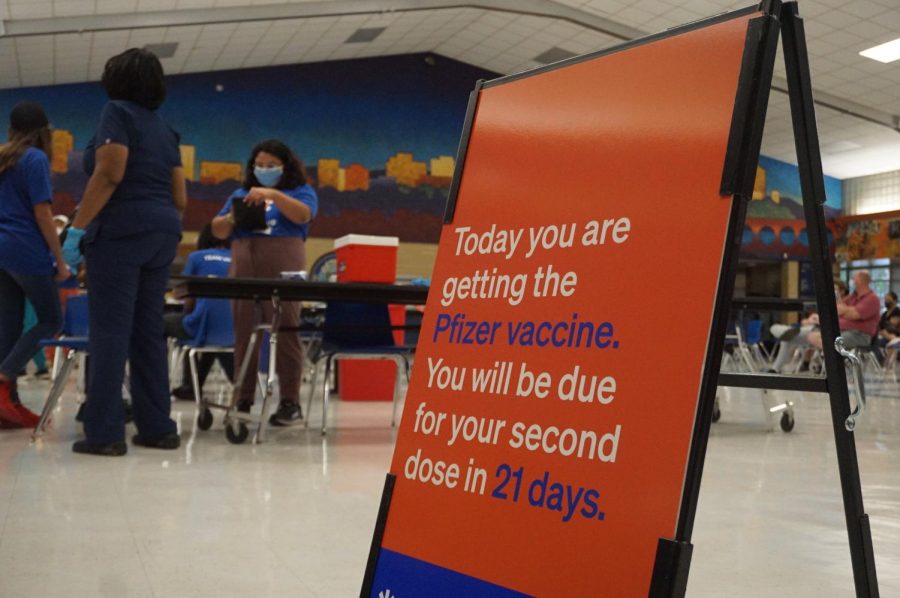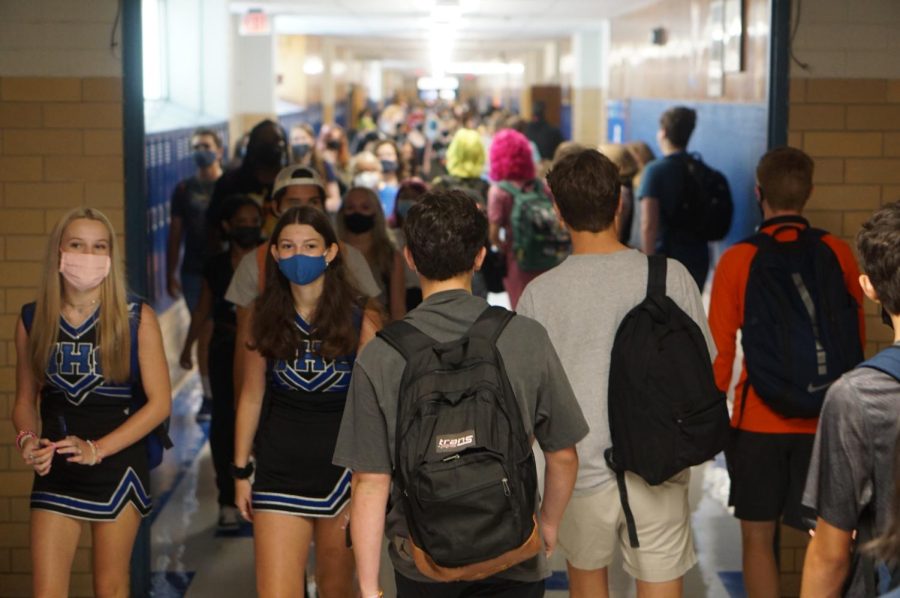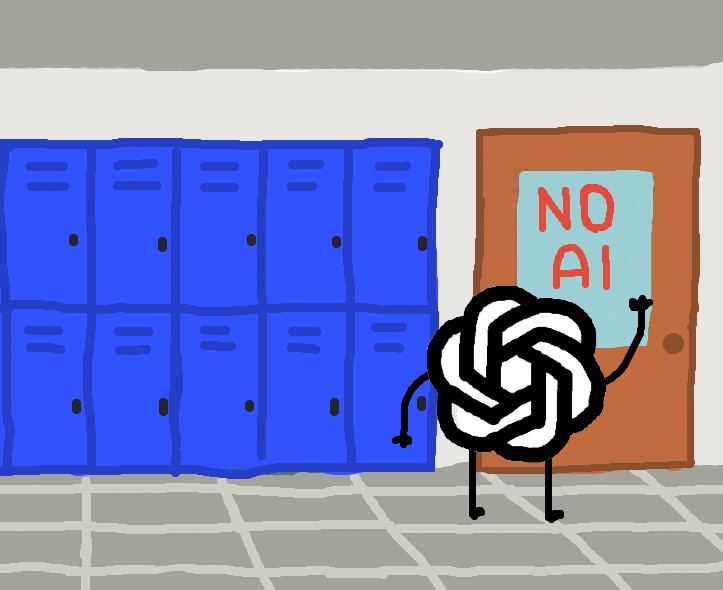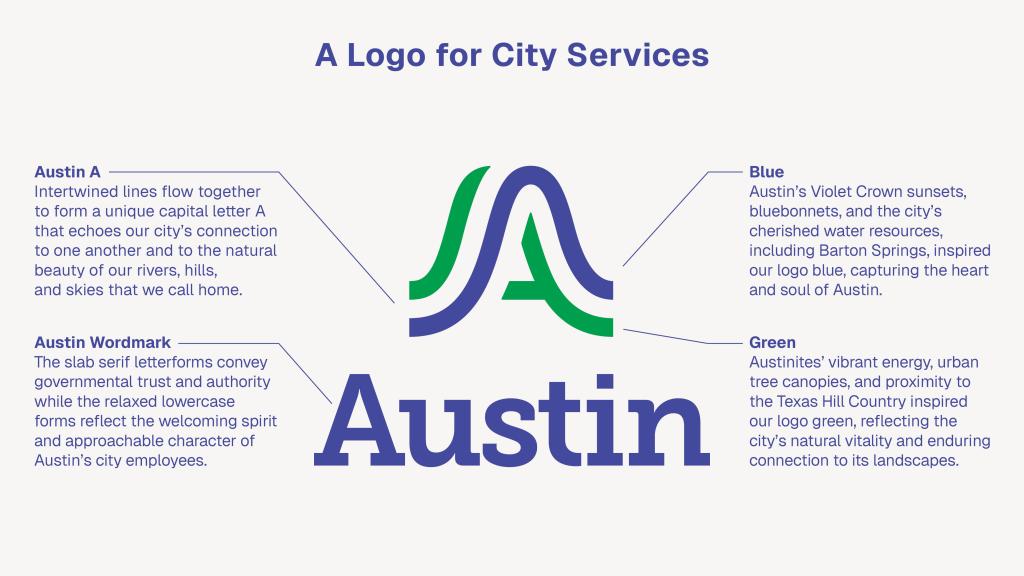A strange paradox has presented itself: Despite nearly every facet of education changing this year, the way the Texas Education Agency will be testing student’s accumulated knowledge will not.
This spring, students in Texas public schools will be expected to take the STAAR test in-person, as normal. According to a Feb. 3 article published in The Austin-American Statesman, TEA “will not grade districts based on these results.” The article also states that while grade promotions have been waived for fifth- and eighth-graders, seniors must pass all their exams to graduate. TEA leadership argues that administering the STAAR will still help illustrate how students are doing. Closer scrutiny reveals that simply is not possible.
2020-2021 is by no means a usual school year and shouldn’t be treated like one. Given the circumstances, any data accumulated from the STAAR test this year will be skewed. TEA has one logical and correct option: cancel STAAR testing completely.
There are two main reasons why any possible data collected from STAARs this year will be skewed: the circumstances in which students will be testing and the sampling bias.
In theory, the purpose of standardized testing is to measure the knowledge acquisition and improvement of students on a year-to-year basis. A student’s score on these tests, however, reflects more than just their knowledge and skills; these scores are influenced by their environment, how stressed they are on a given day and even what they ate for breakfast.
Despite the option for virtual students to opt out, there is a looming pressure coming from TEA for parents to send their students in-person to take the test. Because seniors still cannot graduate if they haven’t passed all their tests, students in younger grades are forced to choose between taking their tests now or having to take them at a later date, when they may have forgotten material or have to double up on the tests. Even with the option to opt out, the alternative is so inconvenient that for many, the decision feels like it’s already been made.
For students who have been virtual since March, the STAAR test cannot possibly be a fair indicator of what they have learned. Remote students coming to campus to take their STAAR will be stepping foot in a physical classroom for the first time all year. This is the first time they’ll get to see some of their classmates in-person. Students are also kids, and no doubt will be far more distracted by seeing their peers than they would in a normal year. On top of that, students may be worried about the possible health risks of going into school. Together, these factors will ultimately prevent students from performing their best, making these tests an inaccurate reflection of student knowledge and improvement.
Another factor that contributes to the inaccuracy of any accumulated data is the inherent sampling bias. Assuming that some parents will keep their students home, any data that TEA would collect from these tests would not be a reflection of how all students are doing, but a select group. If TEA wants to use these scores to measure how students are progressing this year, this data group will only be a reflection of in-person and a select group of remote learners.
Further, forcing in-person students to take the test while virtual-learners have the ability to opt out raises serious equity concerns. In many cases, those coming in-person to learn are doing so for access to Wi-Fi or school meals. From a moral standpoint, it isn’t right to place the burden of taking a four-hour long test only on this select group of students who are often only at school because they need to be.
TEA has yet to announce whether remote high school students will be able to opt out of taking the five mandated end-of-course exams this spring. If TEA is going to attempt to administer the EOCs in the same fashion as the STAAR, the same issues of circumstance, sampling bias and inaccuracy will no doubt arise.
So what can TEA do? Simply just cancel both STAARs and EOCs for the 2020-2021 school year. It’s time to accept we’re in a brave new world. If we know going into these tests the data will be skewed, why conduct them in the first place?


